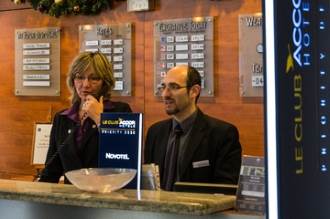Scottish Business Communication Center
Scotland generated an estimated gross domestic product worth £152 billion in the year 2015. The economy began to change, following the Acts of Union 1707 which saw this country’s financial status get propelled to levels similar to those of the rest of the UK. For an extended period, England and this country have engaged in trading, with this country conducting most of its trading activities within the UK.
Total Exports
In the year 2014, total exports from Scotland amounted to about £76 billion
EU Exports
Sixty-four percent of the total exports was with UK nations while exports amounting to £11.6 billion were to the rest of the EU
Worldwide Exports
The remaining percentage of the total exports (amounting to £15.2 billion) accounted for trades with the rest of the world
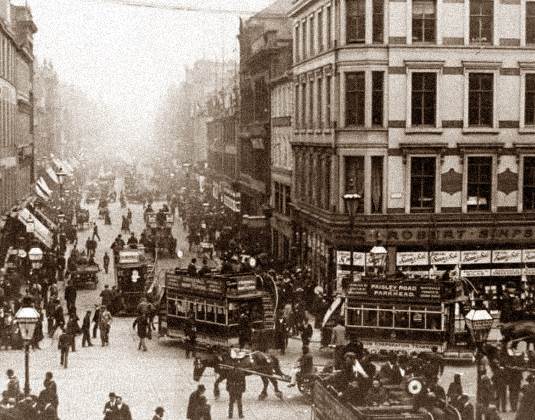
Scottish Business History
Back during the industrial revolution to the times that followed, people recognized this country to be an industrial powerhouse as it was one of the leaders in the manufacturing world. As such, the state made a name for itself and diversified into products ranging from whiskey, shortbread, textiles, avionics, buses, ships all the way to computer software. At first, they put a lot of focus on the building of big ships, mining coal, manufacturing steel and other works in the line of heavy industry.
At the time, this country played an active role in the British Empire, and this enabled them to move their products across most of the regions in the world. Towards the end of the twentieth century, there was a decline in the need for such products and this country began to lean towards technology and service sectors to stay afloat during the changing economic climate. Many technology firms made a move to this country during the 1980s to places such as Glasgow and Edinburgh, thus giving the sector a boost.
Modern Economy
The change in the growth of the sectors is quite evident given that the service sector brings in 75% of the country’s GDP while the rest gets shared amongst agriculture, construction, and production with each bringing in 1%, 6%, and 18% respectively.
Employment
The technology industry reportedly employed more than forty thousand people as of 2007. Other industries which are taking a massive chunk of the cake include but are not limited to education, transport, and tourism, whiskey, banking financial services, entertainment, biotechnology, oil, and gas.
As at 2013, this country’s GDP, including revenue sourced from the oil and gas from the North Sea stood at two hundred and forty-eight billion dollars.
Glasgow
You will find most financial centers based in Edinburgh. Still Glasgow is a major manufacturing center in the United Kingdom, and it accounts for as much as sixty percent of the exports from this country. Though ship-building is an economic activity whose intensity has declined over the years, it is still a significant part of Glasgow’s economy, and thus this country’s.
Other significant industries include textile, agriculture, fishing, brewing, distilling, and chemicals.
Service Sector
The economy not only relies on these goods but also on the growing service sector which provides financial services such as banking, investment management, insurance and other such services crucial to the growth of the industries in the country. Over time, there has been a move from manufacturing and extraction industries as people are now embracing the service sector.
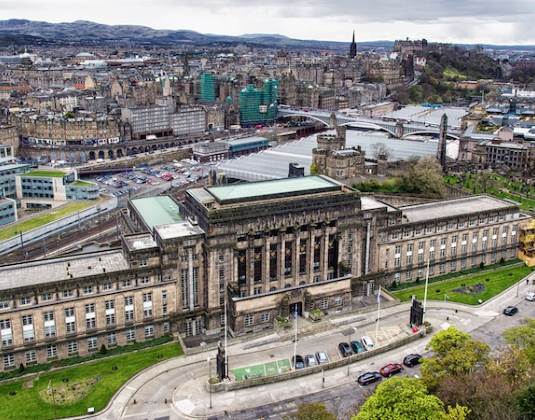
Government participation
The government takes an active part in monitoring the goings-on in the economy. The UK government, as well as the Scottish government, comes in to oversee the economic activities through the HM treasury headed by the Chancellor of the Exchequer and the Cabinet secretary in Charge of Finance, Economy and Constitution.
Both the chancellor and the cabinet secretary serve the two administrations. A Laissez-faire approach has been put to use in managing this country’s economy ever since 1979. As such the currency used in economic transactions is the pound sterling. This currency boasts of being the world’s third largest reserve currency, closely following the US dollar and the Euro.
Another point to note is that this country’s central bank is the Bank of England. Interest rates get set by the Monetary Policy Committee, thus preventing situations such as deflation and inflation and making sure that the supply of money is adequate.
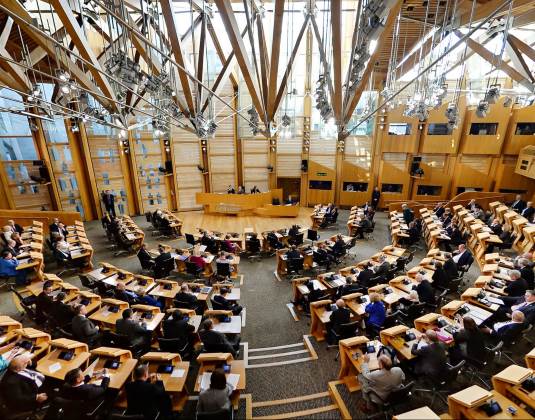
Scotland is a constituent country of the UK. Other than this, it is also a member of the Commonwealth of Nations, the G7, the G8, the G20, the World Bank, the European Union, the United Nations, the World Trade Organization, the Asia Infrastructure Investment Bank and the Organization for Economic Co-operation and Development.
Belonging to all these organizations gives the country an edge businesswise over other nations that do not have such alliances. Economic, as well as fiscal policies, get handled by the UK parliament and as such the Scottish parliament has minimal control over such issues. The Scottish Parliament handles matters such as land taxes, local taxation, property tax and income tax.
The move from manufacturing which led to the embracing of other sectors such as service and technology has further enabled this country’s economy to remain strong. There are lots of opportunities for investors hoping to make good returns in the service sector as it is yet to get fully exploited. Now is the time to make a move.
Latest News
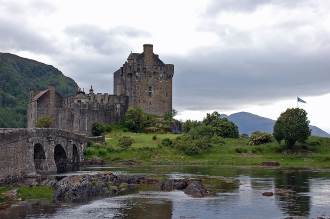
People love to vacation here as it is a clean country with beautiful sceneries. Tourists can either enjoy the nature and profound history or indulge in more dynamic pleasures like going to the horse races and maybe placing a wager.
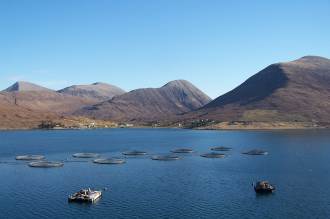
It is a hard start to the year for salmon producers in Scotland. With an eleven percent drop in the output of salmon, producers are unable to meet the demand in the market, despite the increase in the prices for such fish.

